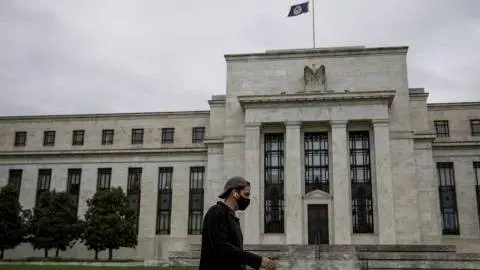The Mattarella-Draghi ticket provides short-term government stability
The re-election of President Sergio Mattarella, a solution of last resort, should help to secure government stability until the end of the legislature period. Prime minister Mario Draghi will likely try to maximise efforts to deliver on the recovery plan, and play an active role in the reform of the stability pact
Mattarella re-elected to preserve institutional stability
Last year, when looking at possible risky events for 2022, we singled out the Italian presidential election, due to the fact that this would happen when the implementation of the recovery plan would still be at a very early stage and that any relevant discontinuity would risk slowing the process.
Uncertainty was accentuated by President Sergio Mattarella’s clear hints about his unwillingness to run for a second term, which he deemed an institutional overstretch. Still, with a national unity government in office, it seemed quite possible for political leaders to reach an agreement on a non-divisive candidate. The reality turned out to be more complicated than that. Political leaders approached the contest positioning themselves according to a centre-right vs centre-left division, and some of them did not manage to set the election in the right context. After a false start and cross vetoing, the electoral process resumed only after centre-right parties failed to impose as the winning candidate the speaker of the Senate, who fell victim to internal filibustering. The futile and confused attempts which followed ultimately highlighted that the only solution to preserve institutional stability was to re-elect outgoing President Mattarella, who accepted the position out of a sense of duty and responsibility.
The Mattarella/Draghi ticket should help secure government stability
In our view, the re-election of Mattarella, with Mario Draghi as prime minister, remains the outcome best suited to secure continuity in the government action for the rest of the legislature (due to end in Spring 2023). To be sure, political troubles within the League and the 5 Star Movement (5SM), damaged by the poor management of the presidential election week, might occasionally reverberate on the government. However, we believe that the risk of severe incidents or protracted tactical filibustering is lower now than a month ago.
Expect an acceleration on the recovery plan front and a gradual normalisation of fiscal policy
PM Draghi, fully backed by Mattarella, will likely push to speed up the implementation of the recovery plan, pressed by the long list of targets and milestones (102 between them) to be met this year to get the 2022 European funding. Showing that Italy can deliver would also have a positive side effect: it would give Draghi extra credibility capital at the negotiation table for the upcoming review of the Stability and Growth Pact. With that in mind, any evidence that Italy is fully aware that the time for limitless fiscal expansion is coming to an end would clearly help.
Still, rising cross-party calls on the parliament to authorise ample pre-emptive extra deficits to compensate businesses and households for the impact of higher energy prices, suggest that such a normalisation in fiscal policy might not be frictionless. So far finance minister Daniele Franco has managed to resist pressures, preferring a gradual approach, which will be difficult to defend should the energy inflation rally continue unabated.
Download
Download article
4 February 2022
ING Monthly: The masks, and the gloves, are coming off This bundle contains {bundle_entries}{/bundle_entries} articlesThis publication has been prepared by ING solely for information purposes irrespective of a particular user's means, financial situation or investment objectives. The information does not constitute investment recommendation, and nor is it investment, legal or tax advice or an offer or solicitation to purchase or sell any financial instrument. Read more
